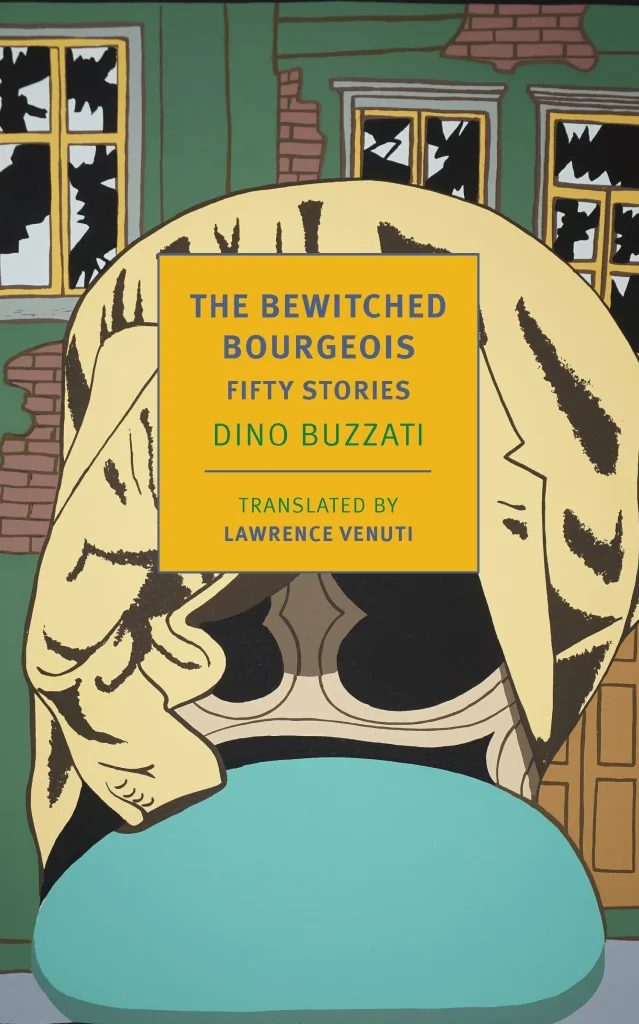
The Bewitched Bourgeois: Fifty Stories by Dino Buzzati, translated from the Italian by Lawrence Venuti (NYRB, January 7).
In The Bewitched Bourgeois, Lawrence Venuti has put together an anthology that showcases Buzzati’s short fiction from his earliest stories to the ones he wrote in the last months of his life. Some appear in English for the first time, while others are reappearing in Venuti’s crisp new versions, such as the much-anthologized “Seven Floors,” an absurdist tale of a patient fatally caught in hospital bureaucracy; “Panic at La Scala,” in which the Milanese bourgeoisie, fearing a left-wing revolution, find themselves imprisoned in the opera house; and “Appointment with Einstein,” where the physicist, stopping at a filling station in Princeton, New Jersey, encounters a gas station attendant who turns out to be the Angel of Death.

Strange Pictures by Uketsu, translated from the Japanese by Jim Rion (HarperVia, January 14).
The spine-tingling “triumphant international debut” (Publishers Weekly starred review) that has taken Japan by storm—an eerie fresh take on mystery-horror in which a series of seemingly innocent pictures draws you into a disturbing web of unsolved mysteries and shattered psyches.
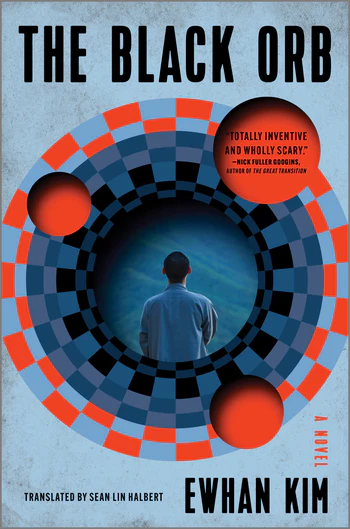
The Black Orb by Ewhan Kim, translated from the Korean by Sean Lin Halbert (MIRA, February 4).
The object was a black orb, roughly two meters in diameter. Despite its large size, it made no sound as it moved. Although it wasn’t chasing Jeong-su fast enough to catch him, it was unrelenting and persistent in its pursuit…One evening in downtown Seoul, Jeong-su is smoking a cigarette outside when he sees something impossible: a huge black orb appears out of nowhere and sucks his neighbor inside. Jeong-su manages to get away, but the terrifying sphere can move through walls, so he’s sure he won’t be able to hide for long. The orb soon begins consuming every person caught in its path, and no one knows how to stop it. Impervious to bullets and tanks, the orb splits and multiplies, chasing the hapless residents of Seoul out into the country and sparking a global crisis with widespread violence and looting. Jeong-su must rely on his wits as he makes the arduous journey in search of his elderly parents. But the strangest phases of this ever-expanding disaster are yet to come and Jeong-su will be forced to question everything he has taken for granted.
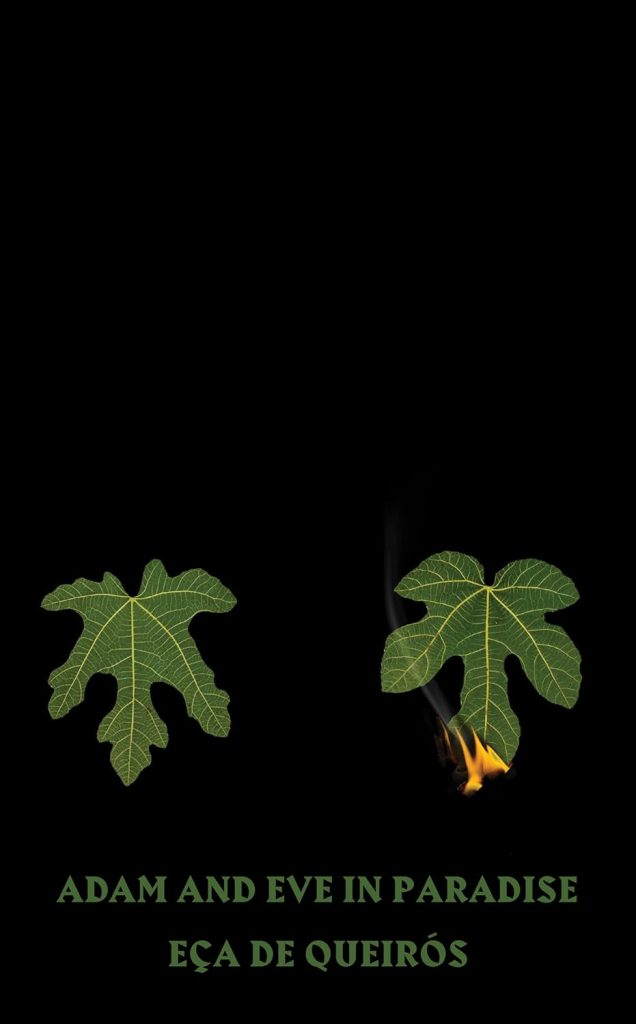
Adam and Eve in Paradise by José Maria de Eça de Queirós, tr from the Portuguese (Portugal) by Margaret Jull Costa (New Directions, February 4)
Gloriously translated by Margaret Jull Costa, Adam and Eve in Paradise is not the rosy prelapsarian tale of your childhood Bible: yellow-eyed Adam is a slope-browed Neanderthal all alone and panicked, and Paradise is abominable (seethingly alive with vicious insects and roving primordial carnivores). Luckily for Adam, Eve appears… But still we must pity poor Adam and Eve: “Our Parents’ tireless, desperate efforts were devoted entirely to surviving in the midst of a Nature that was ceaselessly, furiously plotting their destruction. And Adam and Eve spent those days—which Semitic texts celebrate as delightful—always trembling, always whimpering, always fleeing!”
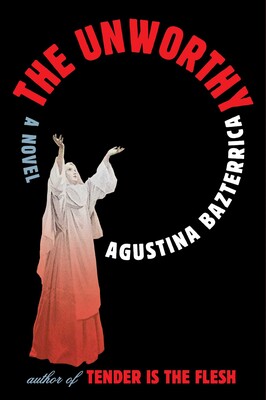
The Unworthy by Agustina Bazterrica, translated from the Spanish (Argentina) by Sarah Moses (Scribner, March 4).
The long-awaited new novel from the author of global sensation Tender Is the Flesh: a thrilling work of literary horror about a woman cloistered in a secretive, violent religious order, while outside the world has fallen into chaos
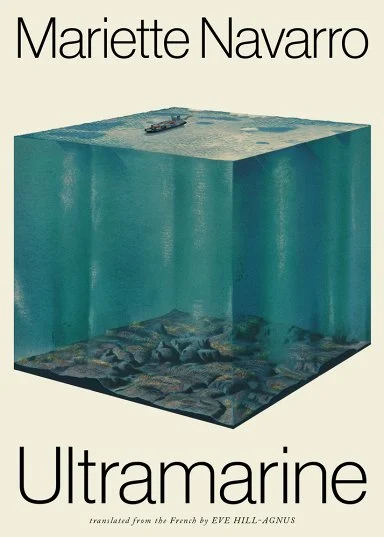
Ultramarine by Mariette Navarro, translated from the French by Eve Hill-Agnus (Deep Vellum, March 4).
Winner of the 2024 Albertine Translation Prize
The metaphysically disorienting tale of a female captain who loses control of her thinking—and her crew—aboard a cargo ship in the Atlantic.
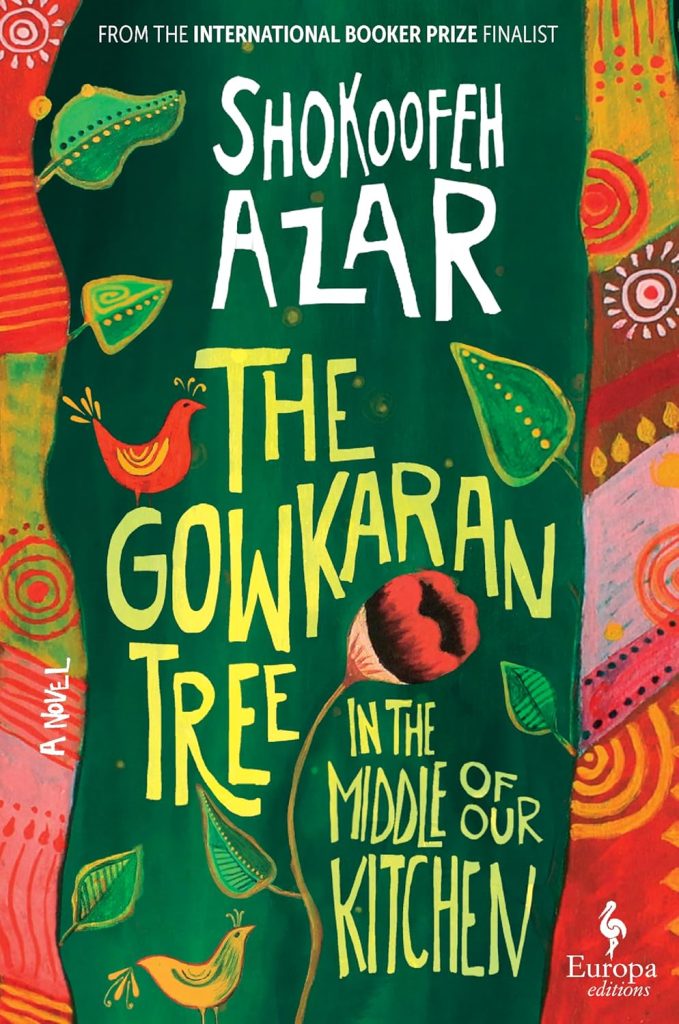
The Gowkaran Tree in the Middle of Our Kitchen by Shokoofeh Azar, unknown translator (Europa Editions, May 6).
Spanning fifty years in the history of modern Iran, this lush, layered story embraces politics and family, revolution and reconstruction, loss and love as it recounts the colorful destinies of twelve children who get lost one long-ago night inside a mysterious palace.
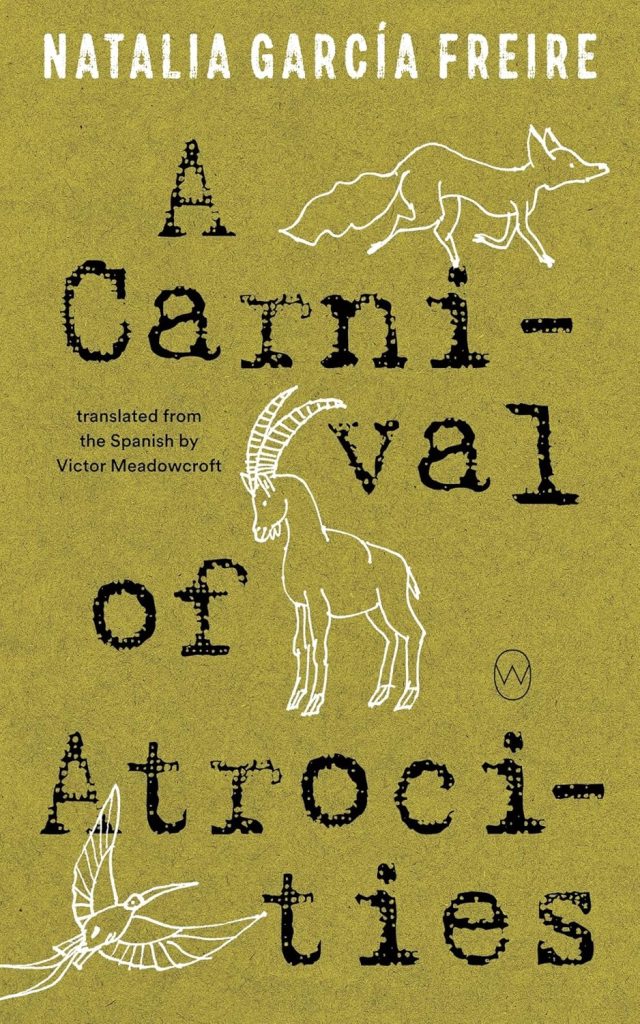
A Carnival of Atrocities by Natalia García Freire, translated from the Spanish (Ecuador) by Victor Meadowcroft (World Editions, April 1).
Cocuán, a desolate town nestled between the hot jungle and the frigid Andes, is about to slip away from memory. This is where Mildred was born, and where everything she had—her animals, her home, her lands—was taken from her after her mother’s death. Years later, a series of strange events, disappearances, and outbursts of collective delirium will force its residents to reckon with the legend of old Mildred. Once again, they will feel the shadow of death that has hung over the town ever since she was wronged. The voices of nine characters—Mildred, Ezequiel, Agustina, Manzi, Carmen, Víctor, Baltasar, Hermosina, and Filatelio—tell us of the past and present of that doomed place and Mildred’s fate. Natalia García Freire’s vivid language blurs the lines between dreams and reality and transports the reader to the hypnotic Andean universe of Ecuador.
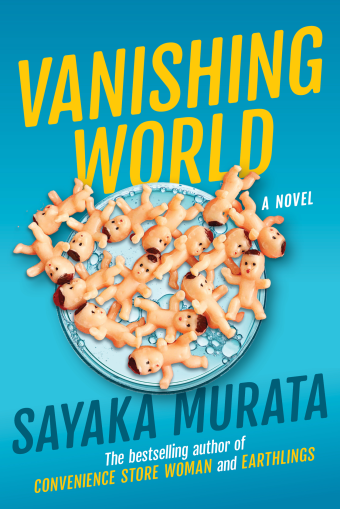
Vanishing World by Sayaka Murata, translated from the Japanese by Ginny Tapley Takemori (Grove Press, April 15)
From the author of the bestselling literary sensations Convenience Store Woman and Earthlings comes a surprising and highly imaginative story set in a version of Japan where sex between married couples has vanished and all children are born by artificial insemination.

Red Sword by Bora Chung, translated from the Korean by Anton Hur (Honford Star, May 13).
Red Sword is the mesmerizing and haunting English-language debut novel by International Booker Prize-shortlisted author Bora Chung. Expertly translated by Anton Hur, this speculative fiction unfolds on a distant, war-ravaged planet where advanced technologies wreak havoc and devastation. Told in sparse, evocative prose, a slave-turned-reluctant hero must traverse the alien terrain to uncover the truth about her identity and that of her enslaved companions. Characteristically borrowing from a plethora of genres, Red Sword blends a poignant exploration of social relations with stunning world-building, and challenges readers to consider what it means to wield power over others
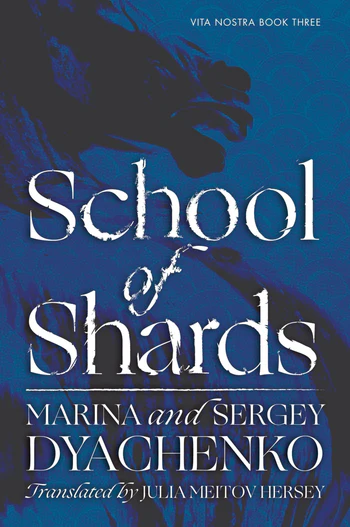
School of Shards by Marina & Sergey Dyachenko, translated from the Russian by Julia Meitov Hersey (Harper Voyager, June 17).
The haunting final chapter of the modern classic Vita Nostra trilogy. The Dyachenkos’ magical dark academia novel brings the story of Sasha to a revelatory climax as she learns to take control of her powers and reshape the world…or destroy it forever.
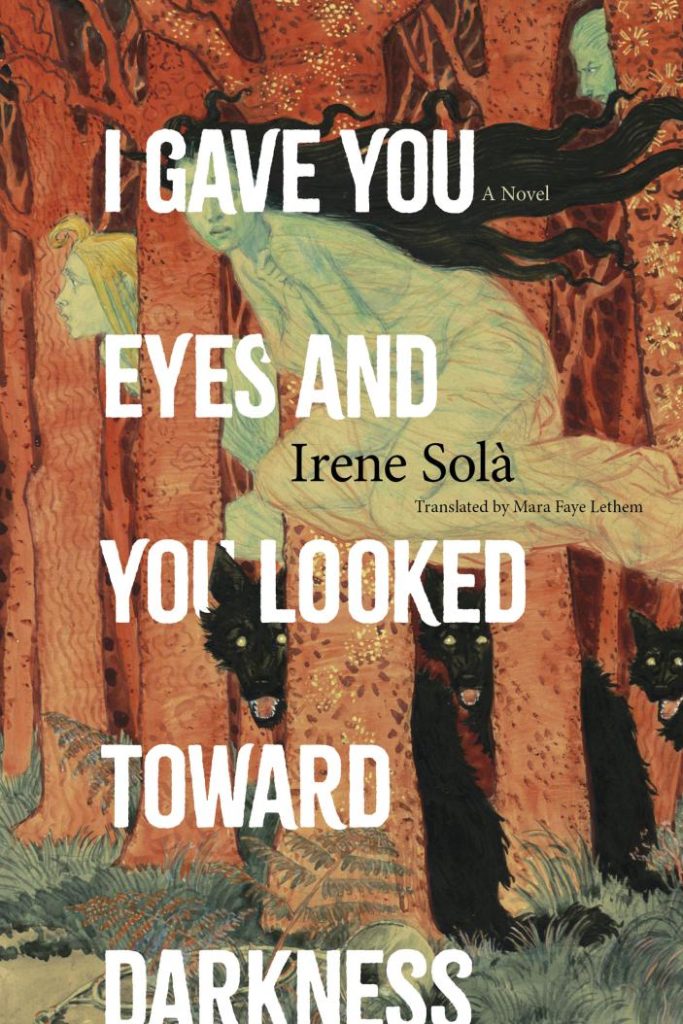
I Gave You Eyes and You Looked Toward Darkness by Irene Solà, translated from the Catalan by Mara Faye Lethem (Graywolf Press, June 17)
Dawn is breaking over the Guilleries, a rugged mountain range in Catalonia frequented by wolf hunters, brigands, deserters, race-car drivers, ghosts, and demons. In a remote farmhouse called Mas Clavell, an impossibly old woman lies on her deathbed. Family and caretakers drift in and out. Meanwhile, all the women who have lived and died in that house are waiting for her to join them. They are preparing to throw her a party. As day turns to night, four hundred years’ worth of stories unspool, and the house reverberates with raucous laughter, pungent feasts, and piercing cries of pleasure and pain. It all begins with Joana, Mas Clavell’s matriarch, who once longed for a husband—“a full man,” perhaps even “an heir with a patch of land and a roof over his head.” She summoned the devil to fulfill her wish and struck a deal: a man in exchange for her soul. But when, on her wedding day, Joana discovered that her husband was missing a toe (eaten by wolves), she exploited a loophole in her agreement, heedless of what consequences might follow.

The Collected Short Stories by Cixin Liu, various translators (Head of Zeus, September 11)
The collected short stories of Cixin Liu, author of The Three Body Problem trilogy. The collection will comprise stories from The Wandering Earth, To Hold Up the Sky, and Of Ants and Dinosaurs.
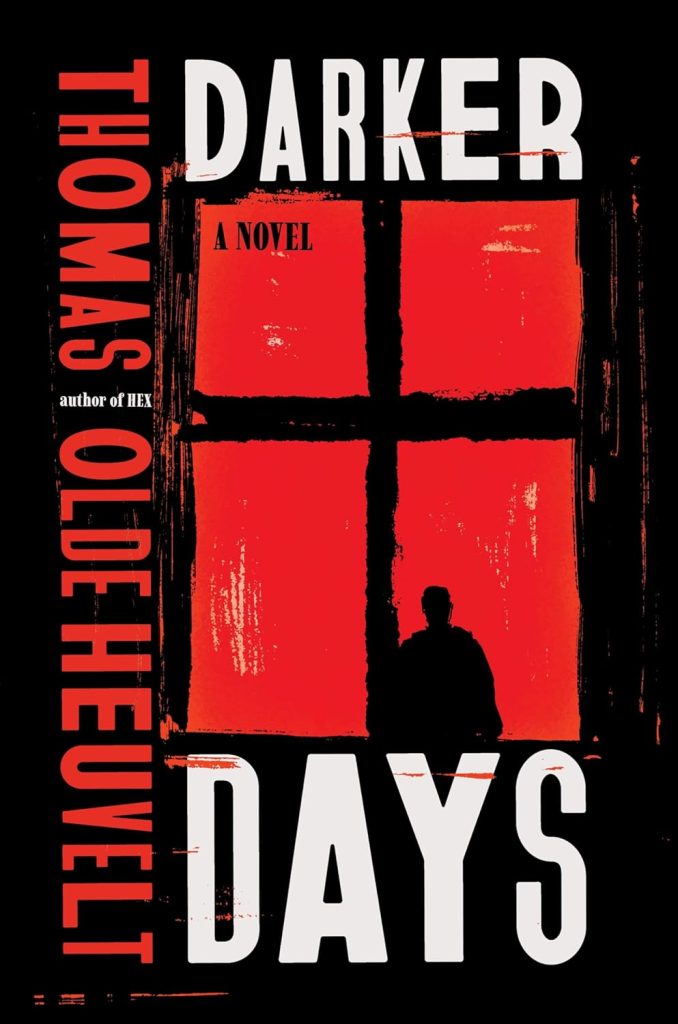
Darker Days by Thomas Olde Heuvelt, translated by ? (Harper, October 21)
In Lock Haven, a quiet little town in Washington State, there is a very special street. Bird Street. The residents of Bird Street are all successful, wealthy, healthy and happy. And their children are all well-mannered and smart and high achievers. At least they are for eleven months of the year. In November, however, the ‘Darker Days’ begin. For November’s the month when things take a turn for the worse: accidents, bad luck, familial conflict and illness take hold. And it is in November that a stranger comes to Bird Street to collect the debt owed by the residents. Because, you see, there is a price that must be paid for all the happiness and good fortune they enjoy for the other eleven months of year. And that price is one human life. Every November. Without fail.
